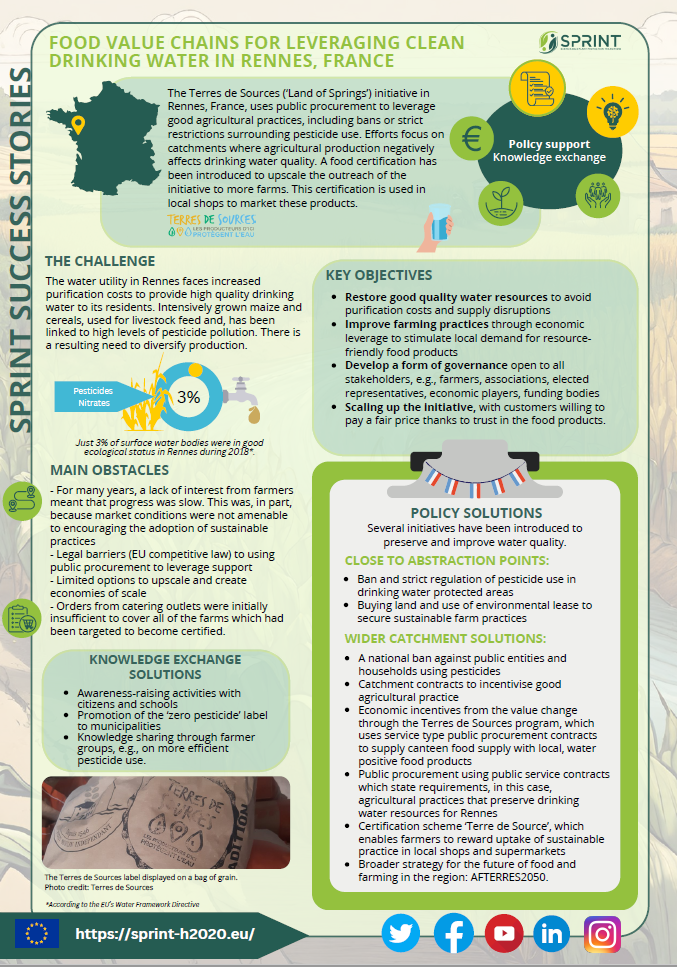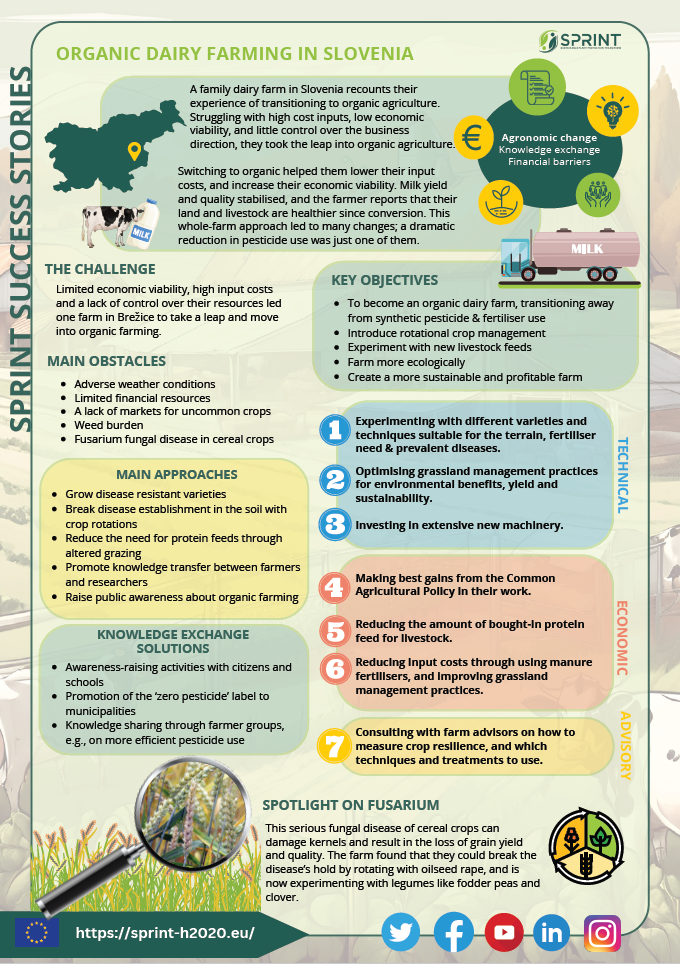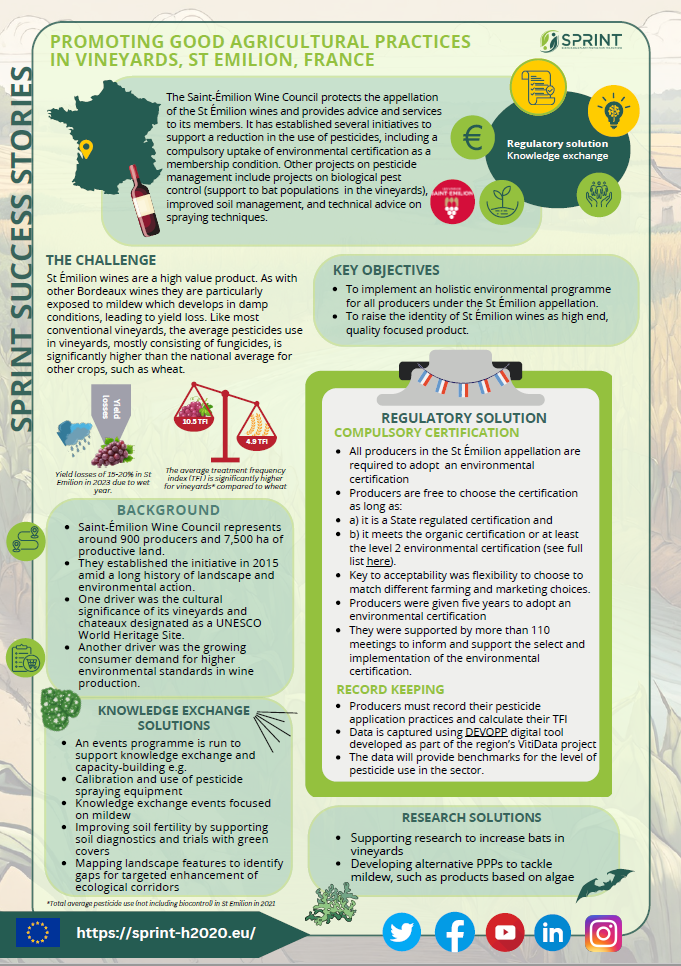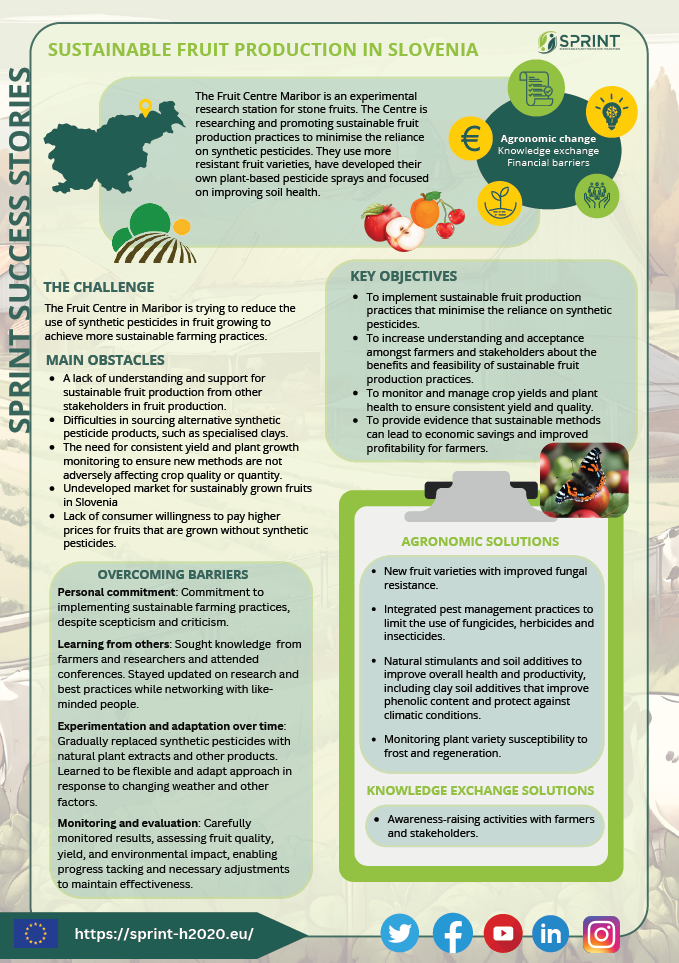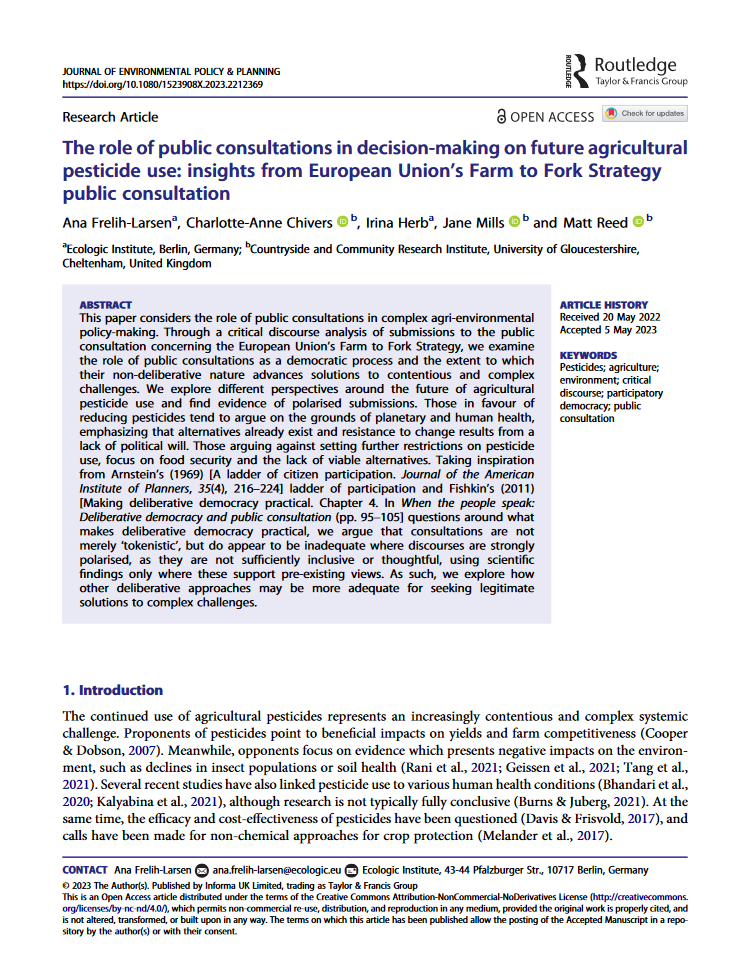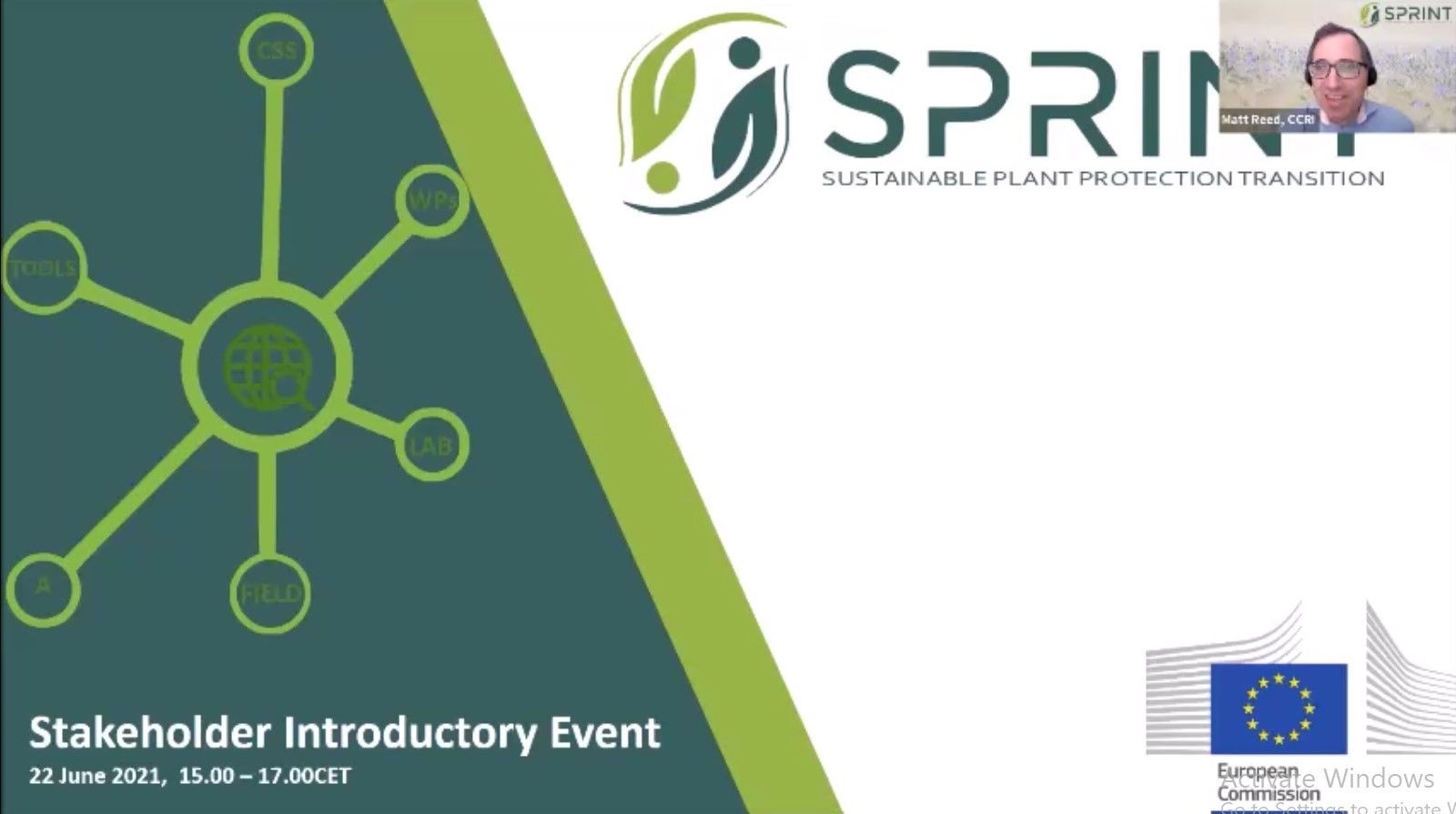Food Value Chains for Leveraging Clean Drinking Water in Rennes, France
- Publication
- Citation
Rouillard, Josselin et al. 2024: Food Value Chains for Leveraging Clean Drinking Water in Rennes, France. SPRINT fact sheet.
The city of Rennes in France faces the challenge of securing the quality of its drinking water, as intensive agricultural practices have led to significant pollution of water resources. As part of the "Terres de Sources" initiative, which was studied within the SPRINT project, sustainable solutions have been developed to improve drinking water quality through environmentally friendly agricultural practices while also promoting local food production and marketing. This case study illustrates how the initiative successfully implements measures to reduce pesticide use and promote sustainable value chains.
The Challenge: Water Resource Pollution from Intensive Agriculture
In recent years, Rennes has faced increasing water purification costs due to high pesticide concentrations in its water sources. The cultivation of maize and cereals, primarily for livestock feed, has significantly impacted water quality. The resulting need to diversify and make agricultural practices more sustainable was the starting point for developing the "Terres de Sources" initiative.
Sustainable Solutions: Certification and Public Procurement
The "Terres de Sources" initiative leverages public procurement processes to promote environmentally friendly agricultural practices while strengthening the local economy. By introducing a special food certification focused on sustainability and water friendliness, products produced under environmentally friendly conditions are labeled and sold in local stores and canteens, thereby increasing demand for these sustainable foods. Additionally, stricter regulations on pesticide use near water abstraction points have been implemented to directly protect water quality.
Results and Lessons Learned: Scaling Up Sustainable Practices
By 2023, three public service contracts for supplying public canteens with sustainable food had been concluded in Rennes, involving 88 farms and 18 food processing companies. These contracts cover a wide range of food products, from meat and dairy to fruits and vegetables. The initiative demonstrates that it is possible to establish sustainable agricultural practices on a regional level by combining public procurement, certification, and extensive public awareness campaigns. These approaches are not limited to Rennes but offer a transferable model for other regions in Europe.
Conclusion
The "Terres de Sources" initiative in Rennes is a shining example of how integrating sustainable practices into food production can yield both ecological and economic benefits. The successful reduction of water pollution and the promotion of sustainable agricultural value chains could serve as a model for other cities and regions facing similar challenges.
